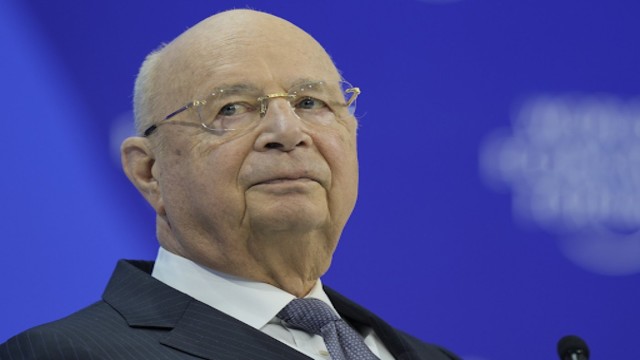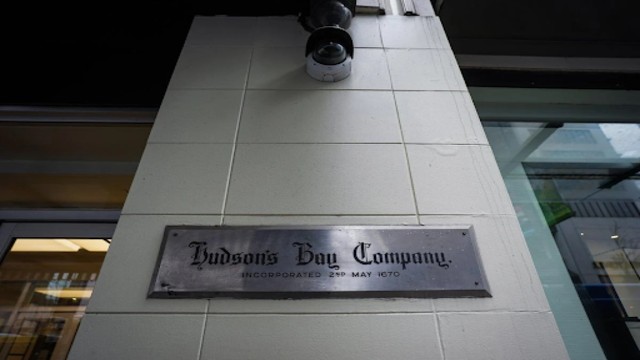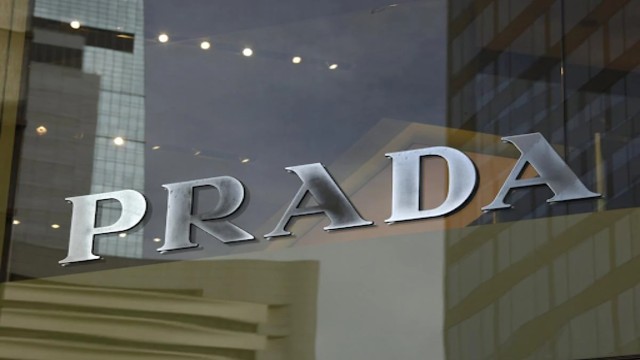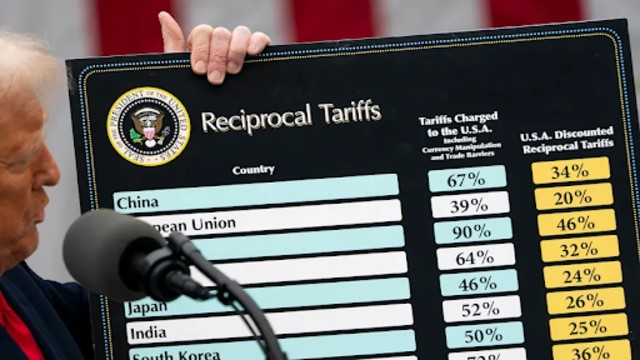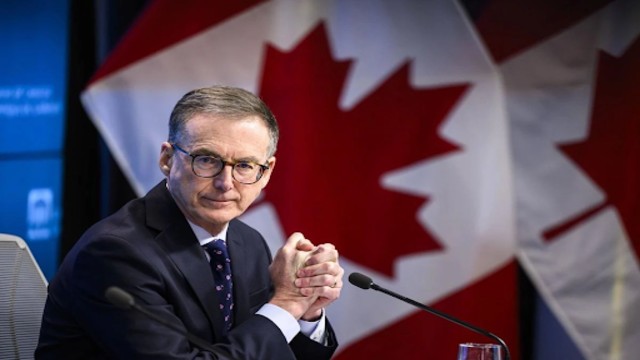
A person silhouetted against the evening sky takes a photo with a smartphone in Philadelphia, Thursday, Dec. 12, 2019. THE CANADIAN PRESS/AP, Matt Rourke
Critics cast doubt on the Liberals' assertions of reduced cellphone prices, citing a gap between consumer bills and government statements. Prime Minister Trudeau's claim of halving cellphone expenses since 2019 stirred skepticism online. While Trudeau touted measures to reduce costs, some consumers disagreed, saying their bills hadn't seen such reductions.
The budget unveiled a plan to amend the Telecommunications Act, aiming to facilitate Canadians' switch between internet and phone service providers. The government cited Statistics Canada data indicating a 50% decrease in cellphone plan costs since December 2018. However, industry analysts are divided on the significance of this data.
While some experts view the StatsCan data as evidence of increased competition and improved consumer value, others argue that consumers may be purchasing more data than necessary due to attractive offers. Moreover, cellular services are often bundled with other services, potentially leading consumers to spend more overall.
According to Dwayne Winseck, a professor at Carleton University, telecom companies may package these deals as beneficial when they may not necessarily be so. While per-gigabyte data costs may have decreased, consumers could end up paying for data they don't need.
Critics highlight another metric, the average revenue per user (ARPU), as a more telling indicator. According to the CRTC, mobile phone revenues per user increased from $64.33 in the second quarter of 2016 to $67.26 in the same period of 2023. This increase in ARPU suggests that Canadians are spending more on wireless services than they did previously.
Despite the federal government's reliance on StatsCan data to showcase declining cellphone costs, there remains skepticism about the effectiveness of these measures. Industry Minister François-Philippe Champagne noted that although progress has been made, Canadians still pay too much for wireless services. Some consumers worry about potential rate hikes by carriers, prompting calls for a greater focus on consumer interests.
Michael Geist, a professor at the University of Ottawa, points out a discrepancy between the declining relative prices measured by StatsCan and the carriers' financial data. While plans may have become cheaper, Canadians are spending more on wireless services overall.
The federal budget promises changes to the Telecommunications Act to prohibit carriers from charging additional fees to switch providers. However, critics question the necessity of these changes, as existing protections under the Wireless Code already prevent penalties for switching providers. Goldberg suggests that since 2013, there have been minimal penalties for contract termination, with fees only applicable if the consumer terminates the device financing agreement early.
In response to concerns about redundancy, a Department of Finance official acknowledged existing protections under the Wireless Code. However, they suggested that the proposed changes could complement or reinforce these protections. The specifics of the changes will be determined following consultations with the CRTC.
Overall, critics remain skeptical about the government's claims of reduced cell phone costs and question the effectiveness of proposed measures to address the issue. They emphasize the need for policies that prioritize consumer interests and ensure affordable access to telecommunications services.




